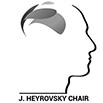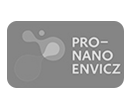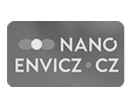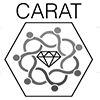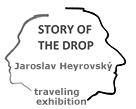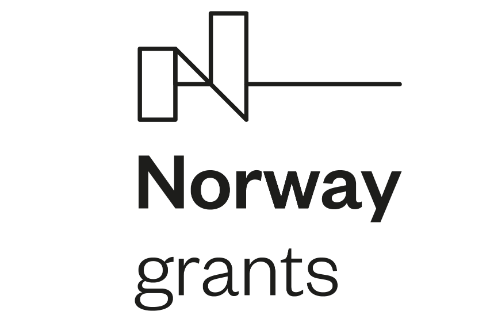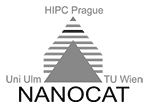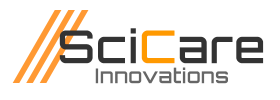Research Interests of Department of Low-dimensional Systems
Our researcher focuses on 1 and 2D materials such as graphene, metal chalcogenides, carbon nanotubes and related materials. We have established extensive infrastructure to comprehend the material processing from synthesis, to modification, to analysis, finally advancing to device fabrication. The research project stems from evaluation of basic principles, gaining control over the material’s properties to thrive with applications in fabrication of sensors, transistors and microelectronics.
The department is further divided into several specialized subgroups, each providing essential insight into the respective field or aspect, which altogether enables to conduct the research in its complexity. See our website: www.nanocarbon.cz, follow us on Twitter (https://twitter.com/NanocarbonGroup).
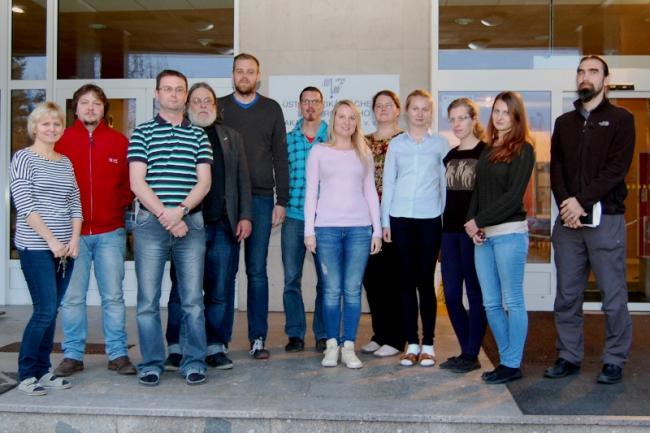
Some scientists and students of the department (XI/2015)
Nanocarbon lab
Synthesis and processing monolayer materials
We synthesize high-quality CVD-grown graphene and we have established technology to controllably grow multilayer graphene specifically isotopically labeled with 13C. We also prepare and process other carbon allotropes, metal chalcogenides and nanoparticles of various composition.
We are also able to perform the material synthesis and processing in our cleanroom (info), where we have established a technological setup including photolithography, spin coating, vacuum ovens, glovebox, sputtering, plasma treatment and bonder.
Spectroelectrochemical characterization
Spectroelectrochemical characterization of materials is the critical facility of the department. The infrastructure allows for determination of UV/Vis/NIR, Raman and AFM data as a function of electric potential. This setup extends the fundamental cyclic voltammetry to another dimension by providing advanced spectroscopic characterization.
Chemical functionalization and modification of materials
Our chemical synthesis lab is fully equipped to perform standard organic synthesis. The lab produces materials and reagents which are then used to perform synthesis or chemical modifications of the material of interest. The current efforts focus on development of mild protocols for graphene functionalization, molybdenum disulfide modifications, chemistry in confined space and SERS characterization of monolayer materials.
Electron spectroscopy lab
Experimental studies of solid surfaces by photoelectron spectroscopy methods
Materials investigated include thin films, single crystals, model catalysts and electrocatalysts, alloys, minerals, zeolites, layers and nanoparticles produced by laser driven processes and novel, technologically important materials. Main activities are at present focused on preparation of novel nano-structured materials (thin layers, colloids, metallic clusters) by laser driven processes and their characterization by photoelectron spectroscopy and thermal desorption methods, the study of functionalized metal and carbon surfaces and on the self-assembled monolayers on metal surfaces. We also run characterization of oxide materials for the perspective of application in catalysis and biomedical engineering.
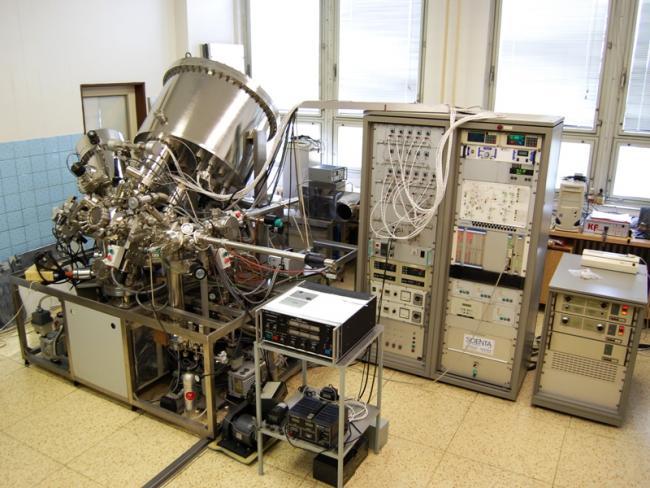
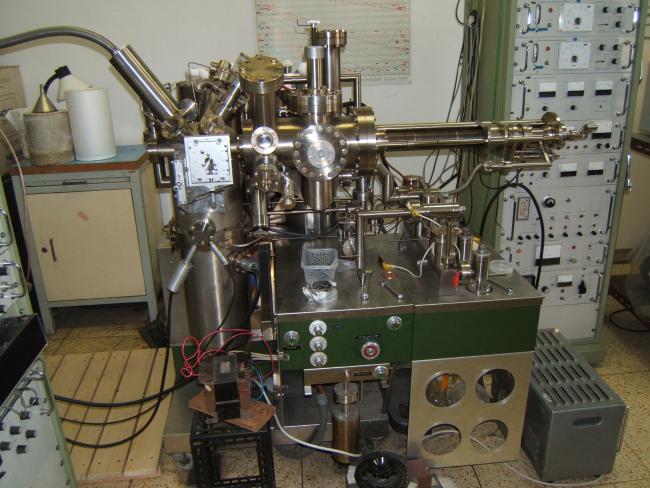
Electron microscopy lab
Preparation of nanoparticles by hydrothermal methods (microwave reactor Berghof Speedwave 4) and characterization of their structure and morphology by scanning electron microscopy (Hitachi S4800), X-ray diffraction (Rigaku Miniflex 600).
Characterization of nanoparticles' (photo)electrochemical properties by cyclic voltammetry with online analysis of gaseous products (DEMS, UV light).
Electronics lab
Electronic properties measurements of materials
Design of integrated circuits oriented towards micro- and nano-electronics. Automated AC/DC electrical measurements of materials, thin layers and sensors. Thin layer and bulk technology, lithography, microelectronic processing and testing.
Application of nanotechnology in electronics and sensorics. Development of microfluidic devices and sensoric platforms for chemical detection of gases using a nanocarbon materials (graphene, CNT,...). Own-built gas management/mixing units for automated sample handling and measurement.
Laboratory runs essential characterization of fundamental electronic properties of high and low resistance materials. Keithley 4200-SCS machine with 4 SMUs and 4 CVUs offers wide variety of testing option with high metrology-like precision. Measurement of currents as low as femtoamperes is possible. Laboratory is also equipped for testing sensors in gaseous and liquid environment.
Instruments and equipment:
Keithley 4200-SCS, Keithley 2400, Keithley 2612B, Keithley 3390, 2x Agilent 34401A, Agilent 34970A, Agilent DSO-X 2022A, Metex MS-9170, Hioki IM 3533-01 LCR meter. Probe system with micromanipulators for I-V and C-V characterization, gas-flow controllers and mixing units, gas and microfluidic cells for sensor characterization, data treatment software.








